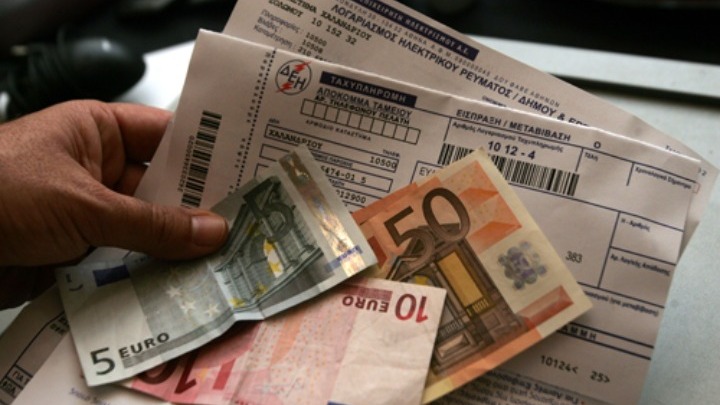Those are the new government measures that will be adopted to support businesses and households in order to cope with higher energy costs.
The sources said the payments' suspension will be for certain charges included in bills, which will help boost business liquidity, while the suspension of the same charges is being examined for vulnerable households.
The need to increase support measures has arisen because the wholesale price for electricity has almost doubled in October, whereas the support measures were calculated in September when the wholesale price was €100-130.
Environment and Energy Minister Kostas Skrekas said the developments will be followed each month so that measures can be taken to minimise the repercussions on consumers. The amount set aside for subsidies is currently €500 million.
A key source of financing of the subsidies to consumers is revenue from carbon right auctions and surpluses that the rise in the wholesale price for power generates in the Account for Financing Renewable Energy Sources.
This increase assures the guaranteed revenue of green power production units from their participation in the market without needing additional subsidies.
The plan is to return the surpluses to consumers directly during this period, in which the problem energy price hikes has arisen.
These measures are in the toolkit recently presented by the European Commission to deal with the energy crisis.















